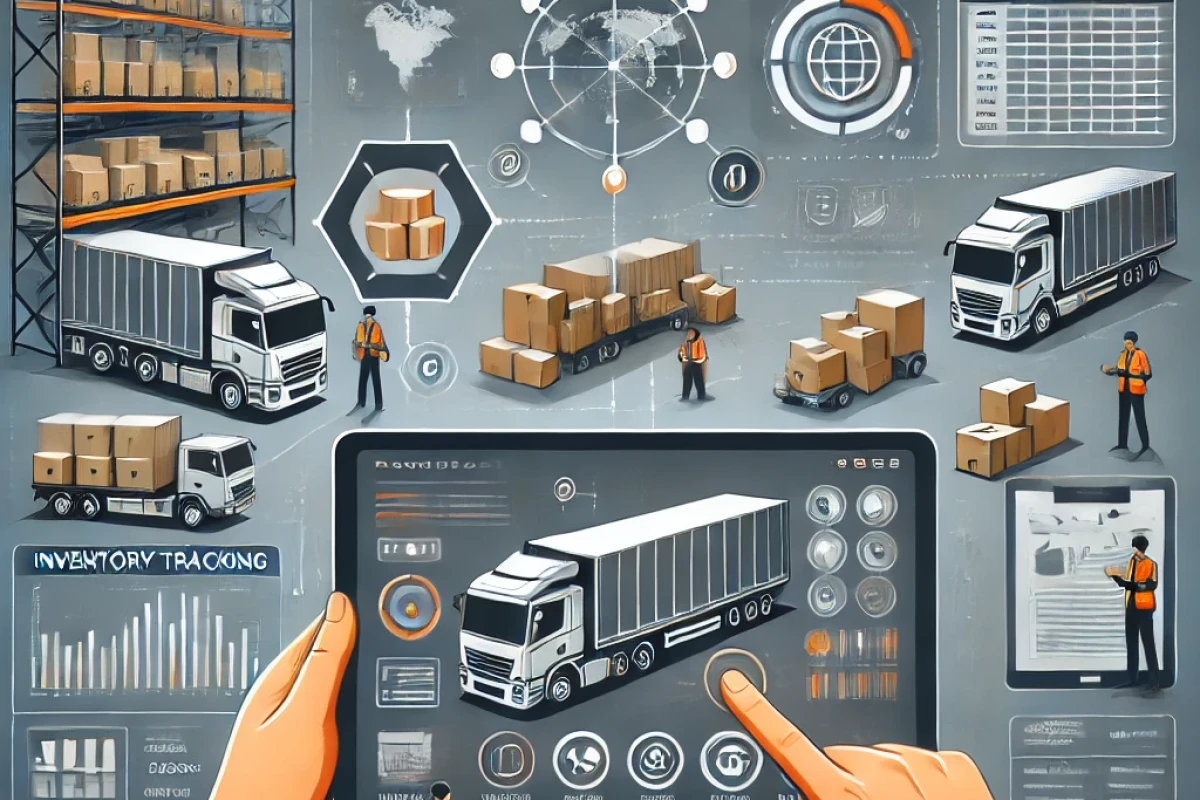The Importance of Modern Software for Logistics Management

Imagine the following scenario: You ordered a new TV, but instead, a refrigerator is delivered to your home. Not because you mixed up the online store, but because there was confusion with the documents in the warehouse, and the driver got lost on the way. While you're trying to figure out why you now have two household appliances, the right logistics software is working in another warehouse...
Why Nothing Works Without Software in Logistics?
But how does all this work? Imagine sitting in front of your computer and a stunning dashboard appears on the screen: graphs, tables, maps – a real feast for the eyes. The system can automatically analyze inventory levels based on how many goods are left and when they need to be reordered. This is certainly not as magical as in "Harry Potter," but still impressive.
Why Is This Important?
Modern logistics has long surpassed the boundaries of "packing-delivering." It's a whole science with a plethora of steps, requirements, and standards. Software, complemented by admin panels, allows companies not only to save time but also to reduce costs. For example, admin panels can be integrated with inventory management systems, enabling immediate access to information about the availability of goods in the warehouse. It’s also important to note that customers have become more demanding: they expect not only fast but also error-free deliveries. While it was once enough just to ship the goods, today it's crucial to keep customers informed at every step. Admin panels play a key role in this, as they facilitate transparent communication channels between the company and its customers. Now, if something goes wrong, your customer won't be constantly calling and asking, "Where is my package?" because they can track the delivery status themselves.
How Does Logistics Work?
Logistics is like a well-functioning mechanical clock: every mechanism must work in harmony. It all begins with planning – here, specialized algorithms come into play, calculating the optimal delivery routes. Thanks to the software, the fastest and most economical route can be determined. For example, the system can consider traffic, weather, and other factors so that your goods not only arrive on time but also without extra costs.
When the goods are in the warehouse, admin panels help monitor inventory: whether enough items are on the shelf or if it’s time to order a new batch. And if a product has, for example, a high demand in the market, the system can even send you a reminder: "Hey, don’t forget to order more! Everyone wants your product!" Quite a touching address, isn’t it?
What Are the Perspectives?
Logistics software is rapidly evolving, and admin panels are becoming increasingly user-friendly and functional. Already now, we can expect systems with AI that can autonomously adjust routes, consider weather forecasts, and even predict demand volumes. They will also be able to provide recommendations for optimizing delivery costs. Moreover, new technologies like blockchain will ensure even more transparency and security in processes. This will help reduce the risks of fraud and errors while creating conditions for automated data verification.
Summary
Logistics software is no longer just a "nice user interface" or "something modern." It’s a tool that allows companies to remain competitive, keep their customers happy, and at the same time preserve the nerves of their employees. Admin panels become indispensable helpers in this process, enabling the monitoring of all work phases and the avoidance of potential errors. Because, as practice shows, every manager sometimes needs an assistant who knows exactly where the refrigerator is and where the TV is.

